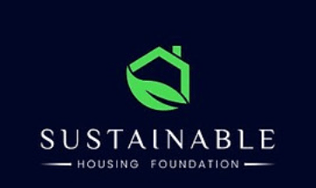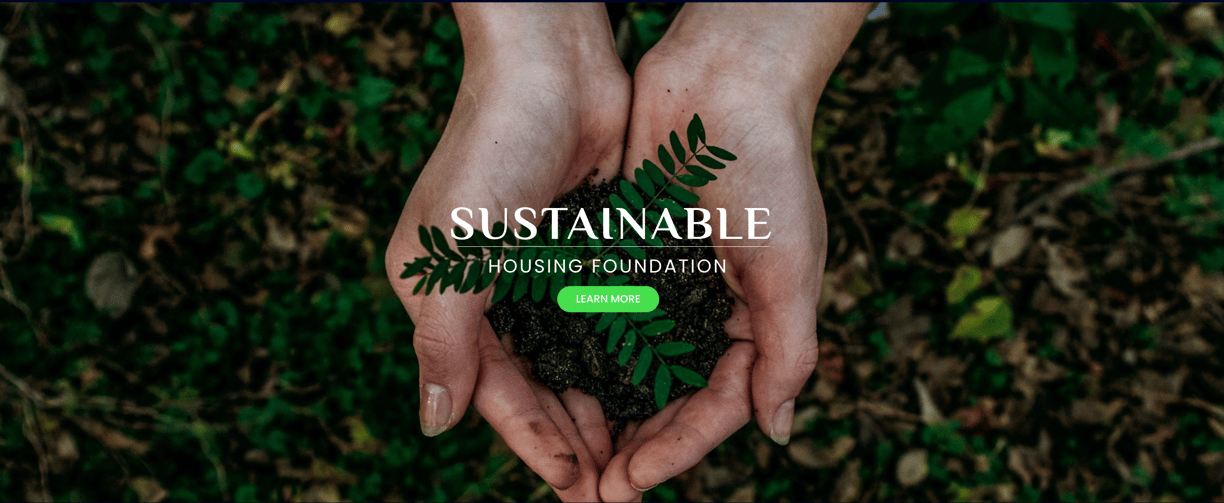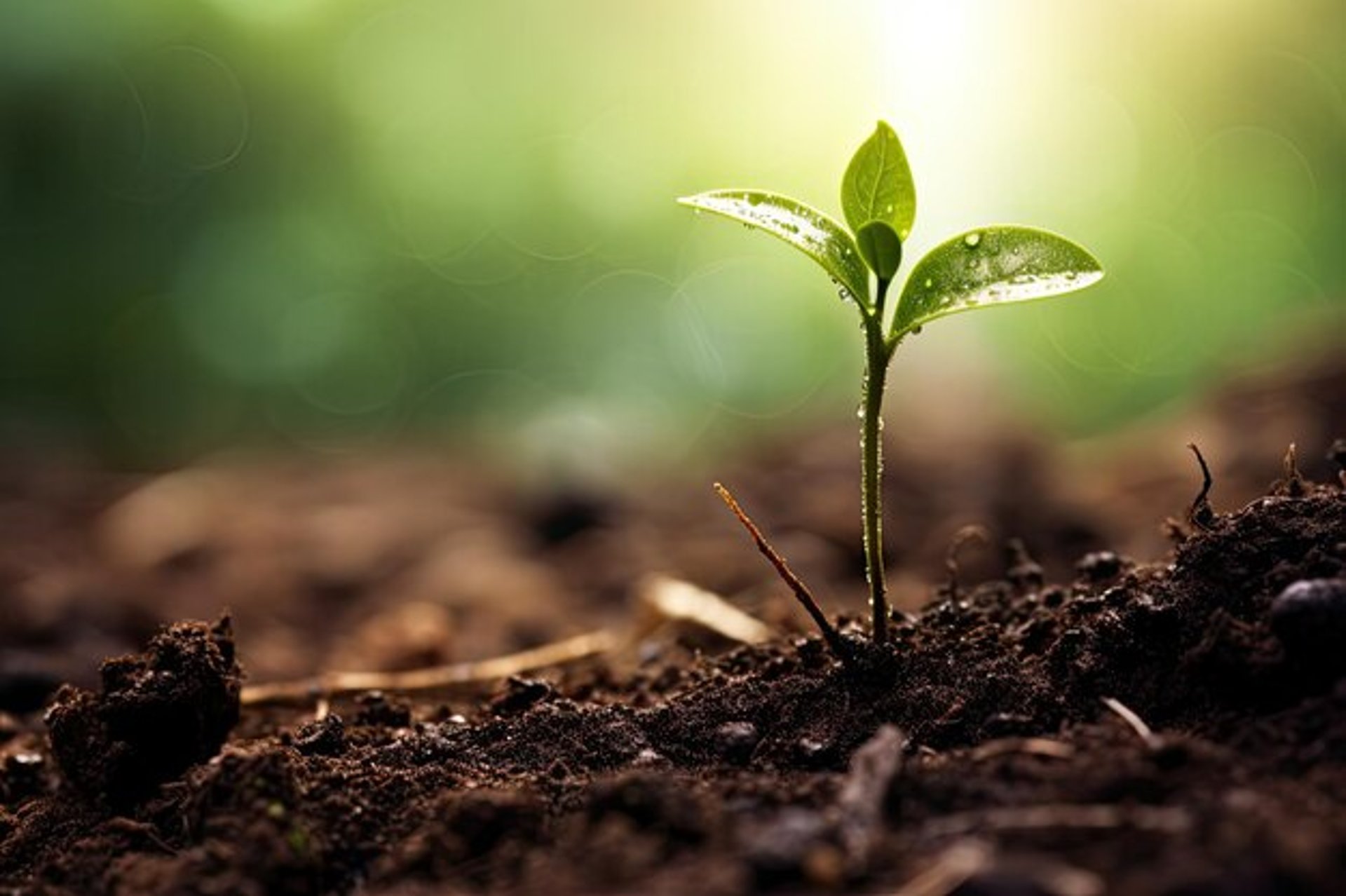The Research:
“Sustainability is the ability of the current generation to meet its needs, without compromising the ability of future generations to meet theirs”.
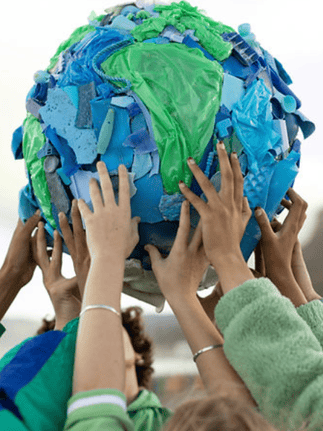

Where Are We?
A status report on the health of our planet.
Environmental Sustainability
As a result of climate change alone, experts say, the world as we know it may become unrecognisable within two generations — or less.
But it’s not just about climate. In every natural domain, the support systems for life on Earth are under very severe stress.
60% of the ozone layer has been lost in 50 years
70% of the world’s original forests are gone
30% of the world’s cultivatable land has been lost in the last 40 years
90% of all large fish are gone from the oceans
As a global civilization, we are now using 50% more natural resources than the Earth can regenerate, thus eroding the natural capital that life depends on. If everyone lived as North Americans do, we would need five Earths to sustainably maintain our way of life. If everyone lived as Europeans do, three Earths. China and India are just under the one-Earth con-sumption level, but with rapid industrial develop-ment in those countries, that proportion is increasing steadily. This overconsumption of the Earth’s bounty is accompanied by a catastrophic loss of our planet’s bi-odiversity.
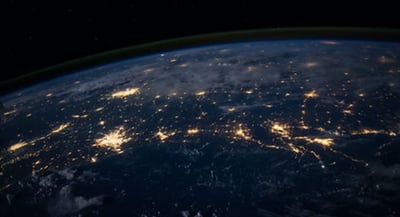

How did we get here?
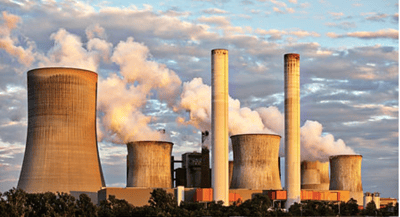

Cultural Drivers and unexamined Assumptions
The bad news is that human decisions and human behavior created most of our current challenges, worldwide. We did this to ourselves! But the bad news is also the good news — if our actions created this outcome, then different actions can create differ-ent outcomes. It could be said that in the modern world we are living in a kind of trance, what some indigenous people would call the “dream of the modern world.” The late eco-theologian Thomas Berry referred to our age as a period of “technological entrancement”— re-flecting an ill-defined “dream of progress.” Yet it’s so ingrained in our culture that we don’t question it.
Waste Pollution and Toxins Fouling Our Own Nest
As a species we’ve created vast amounts of pollution, far more than anyone really wants to know. That’s not news if you have read about or experienced tainted food, contaminant-related illness, birth defects, or asthma prompted by airborne particulates. Indeed, humans are the one species that is poisoning their own—our own—home; and in our case it’s the entire planet, so we’re taking many species out in the process. Excess consumption, wasteful practices, our energy sources, and the ongoing manufacture of deadly toxins are at the core of many of our environmental problems. They need to be addressed comprehensively at the industrial, governmental, and personal levels.
“To make a change this broadly this quickly is unheralded. It calls for a mobilization where human beings are not rallying to defeat an enemy, but organizing to support each other”.
What can we do Today?
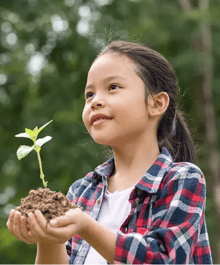

Housing and Education for Future Generations
Unlike other Associations signed up to the 2030 Agenda we would like to co-create a future for those people that don't comply to the smart city agendas thereby giving back the inherent freedoms and human dignity of self-determination and natural rights. A big part of these steps is to get people back onto land and supporting them into education of Regenerative Agricultural systems that we know can reverse the problems that we see through mono-cultured mind sets. We are looking for active and conscious people in all sectors of industry for support our projects and we are welcoming people to participate by actively giving unwanted or un-used resources to our Sustainable Housing division.
What this Looks like?
In all areas of the construction industry we see gross mis use and wastage, that eventually end up in land fill. Sustainable Housing Foundation mission is to give those resources to people that are working with tiny home projects. We are seeking land holders that could store all construction resources as well as seeking Builders and members that could utilise resources for their projects.


